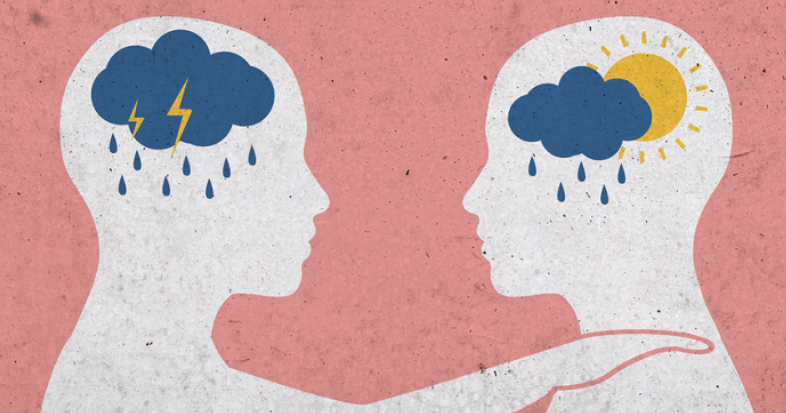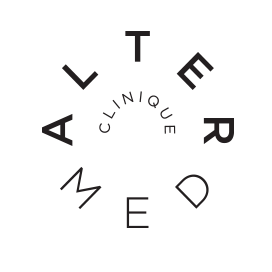Montreal physiotherapy

Here is the most important thing to look for when meeting your physical therapist, osteopath, or healthcare practitioner for the first time.
Therapeutic alliance.
The therapeutic alliance is your relationship with your therapist. It is how you connect and communicate with each other. It is the soul-to-soul understanding that is vital for your recovery.
No matter how experienced, knowledgeable, and highly recommended a therapist is, you will never be able to achieve your goals without a therapeutic alliance.
Imagine this: you go see an optometrist because you’ve been having trouble with your eyes. After listening to you for a few minutes, he takes off his glasses and offers them to you.
“I can’t see anything!” You would likely exclaim.
“That’s weird”, he responds. “They work great for me, I’ve used them for 20 years!”
Any possible treatment offered by a therapist is unlikely to work if there is no proper understanding of not only the condition but the patient who has the condition. This is only possible through therapeutic alliance.
The therapeutic alliance is fueled by trust and the desire to attain a common goal.
How I achieve a therapeutic alliance with my patients
I tell my interns that achieving a therapeutic alliance with their patients is the most important thing they can achieve during their first visit. Unlike the exercises and manual therapy techniques they learn in classes, however, there is no reliable technique to build a strong therapeutic alliance with patients.
From my experience and from Stephen Covey’s renowned book “The 7 Habits of Highly Effective People”, I have found empathic listening to be most effective in building a strong relationship and therapeutic alliance with my patients.
It goes beyond classic listening strategies such as active listening and attempts to get inside the other person’s frame of reference: how they see the world, how they perceive their problems, what are their deepest concerns, and what they believe they need.
Note that empathic listening is not about automatically agreeing with everything the patient says in order to deceive them into a therapeutic alliance. The goal is not for me or anyone listening to my advice to become a “yes-man”; after all, the patient is here to listen to our professional opinion and evaluation.
This is why during my first session with a new patient, I always ask them questions such as “What do you hope to get out of today’s session?”, “What are your expectations from me?”, “What do you think is going on with your body?”.
As a physical therapist, I aim to understand my patient’s bodies but also their mind. Empathic listening puts the power in their hand to interpret their own conditions and what they believe would help the most.


